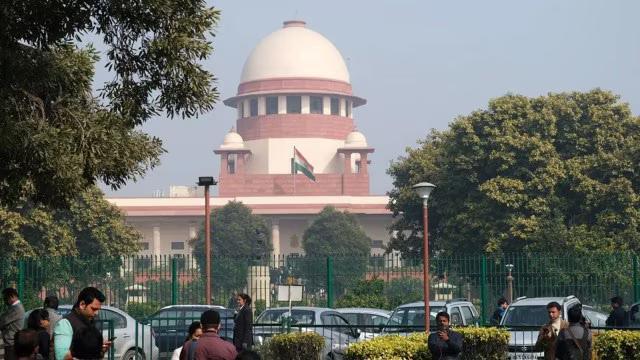In a historic judgment, the Supreme Court of India has broadened the interpretation of constitutional provisions, particularly Articles 14 and 21, to encompass the “right against the adverse effects of climate change.” This groundbreaking ruling signifies a significant stride towards recognizing the intricate interplay between environmental degradation and fundamental human rights.
The Court’s pronouncement underscores the inherent connection between a clean environment and the realization of basic human rights. By explicitly acknowledging the right to be protected from the detrimental impacts of climate change, the judiciary has affirmed the indispensability of environmental preservation in upholding the dignity and well-being of individuals.
The expansion of Article 14, which guarantees the right to equality, to encompass environmental concerns reflects the recognition that environmental degradation often exacerbates societal inequalities, disproportionately affecting marginalized communities. Similarly, the incorporation of the “right against the adverse effects of climate change” within the ambit of Article 21, which guarantees the right to life and personal liberty, underscores the understanding that environmental deterioration poses a direct threat to the very essence of human existence.
The Supreme Court’s ruling is not only a legal milestone but also a moral imperative. It sends a resounding message that environmental protection is not merely a matter of policy but a fundamental human right. By emphasizing the inseparable link between environmental health and human dignity, the judiciary has taken a crucial step towards ensuring that future generations inherit a planet that sustains life in all its diversity.
Moreover, this landmark decision is likely to have far-reaching implications, both domestically and internationally. It sets a precedent for other jurisdictions grappling with similar issues, encouraging them to prioritize environmental considerations within their legal frameworks. Furthermore, it underscores India’s commitment to addressing climate change and fulfilling its obligations under international agreements such as the Paris Agreement.
In essence, the Supreme Court’s recognition of the “right against the adverse effects of climate change” represents a significant evolution in constitutional jurisprudence. It not only affirms the centrality of environmental protection in the pursuit of justice but also underscores the imperative of collective action to safeguard our planet for present and future generations.



